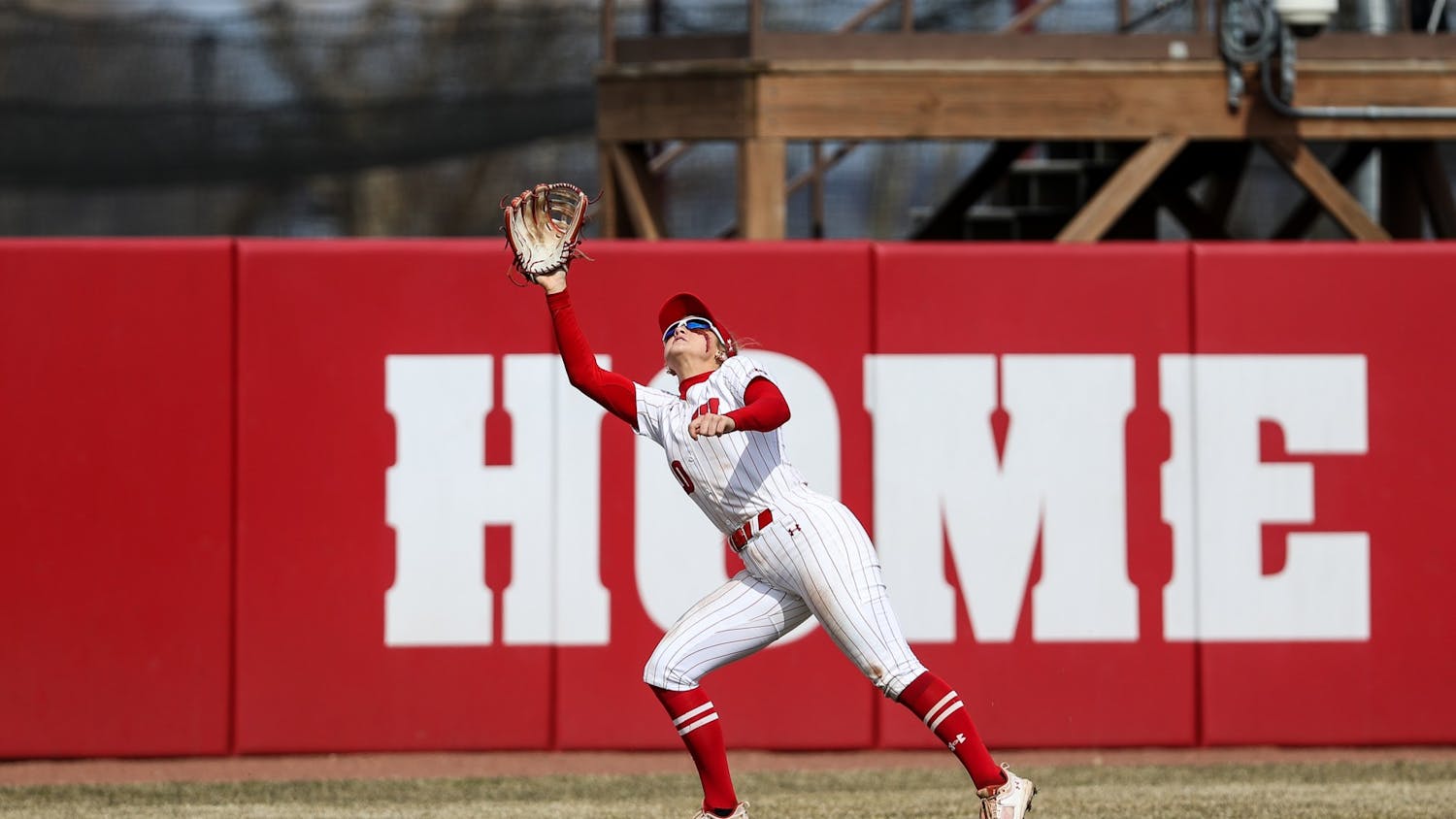At the start of head coach Tony Granato’s tenure, Wisconsin went into opposing teams’ buildings and played like they had slept the night in their own beds.
The Badgers went 14-13-1 away from Madison in the first two years under Granato — better than their 15-18-4 record in the Kohl Center — despite traveling to some of the toughest road environments in college hockey.
“I don’t think it matters where you play or who you play in our conference right now,” Granato said at Monday’s weekly press conference. “You know what kind of game you need to play to be successful.”
That first claim might have been true in years past, but it hasn’t been this season; the Badgers are just 1-5-2 outside of their home rink. The lone victory came in the team’s first road trip, as they dismantled lowly St. Lawrence 7-1 on Oct. 20, and they’re winless in six road chances since.
Wisconsin (4-4-4 Big Ten, 8-10-4 overall) will need to turn that trend around quickly if it’s to have any chance of competing in the conference, as eight of its next ten games come away from home, starting this weekend in a rivalry series against Minnesota (6-5-3 Big Ten, 9-10-4 overall).
Playing a full 60 minutes — or rather, the Badgers' failure to do so consistently — has been the focus of the season. Slow offensive starts and failure to convert close third-period games into wins have plagued Wisconsin, and both patterns have been even more apparent on the road.
“It’s going to be a battle like every one of our games have been where the third period the game is going to be tied and you have to figure out how to win those games,” Granato said.
The Badgers still have some figuring out to do in that department. Since the win against St. Lawrence, they’ve held third period leads on the road against Michigan — twice — and against North Dakota, but came away from those three contests with two ties and a loss. Add in an October contest against Clarkson where they tied it up 2-2 in the third period before allowing a pair of late goals, and it makes four winnable road contests the team has been unable to capture.
While the inability to convert late in games has drawn deserved attention, Wisconsin’s offensive struggles away from home have arguably played an even greater part in the team’s subpar record. The Badgers are allowing just 3.28 goals per game on the road, not far from their season average of 3.14. But when they travel their scoring falls off a cliff — just 1.87 goals per game outside of Madison, compared to 4.15 inside the friendly confines of the Kohl Center.
There’s some reason to think Wisconsin can turn the road offense around, starting as early as this weekend. The Badgers have managed nearly as many shots on goal away from home as they have in Madison, 30.5 to 32.3. The difference has been the frequency at which those shots have found the back of the net; they’re shooting 11.9 percent at home, and just 6.1 percent on the road.
While team shooting percentages aren’t entirely attributable to luck, they’re highly variable, especially in smaller splits like home and road. Last season, the Badgers shot better away from home, despite averaging fewer shots per game.
With eight of the next 10 on the road, Wisconsin will get plenty of chances to have the puck bounce its way. Granato and company need it to happen soon rather than later, if they’re to avoid another lost season, and a high-profile series against their biggest rival is as good a place to start as any.
Puck drops in Minneapolis Friday at 7 pm, followed by a rematch Saturday.






